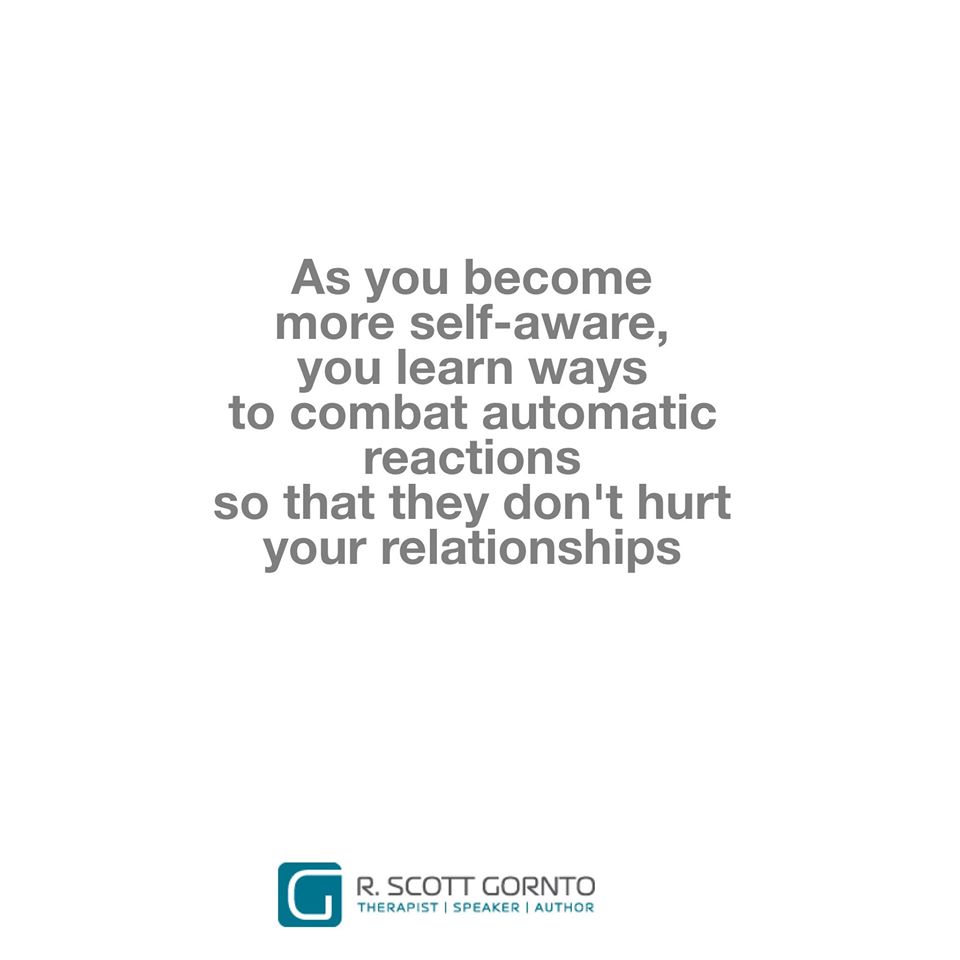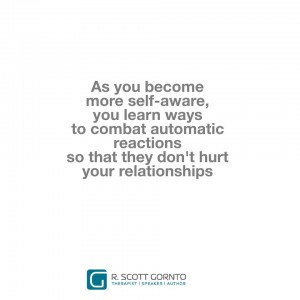
Do you consider yourself an emotionally intelligent person?
Do you believe you’re relationally intelligent?
What do these phrases even mean?
In Handle with Care, a workbook on building emotional intelligence, the authors define emotional intelligence as “a way of recognizing, understanding, and choosing how we think, feel, and act. It shapes our interactions with others and our understanding of ourselves. It defines how and what we learn; it allows us to set priorities; it determines the majority of our daily actions. Research suggests it is responsible for as much as 80% of the ‘success’ in our lives.”
 As my book attests, strengthening your emotional intelligence requires an awareness of the stories we tell ourselves, why we tell ourselves these made-up stories, and learning where these mental fabrications originated. In other words, emotional intelligence is about self-awareness and discovering how you act and react to the people and circumstances in your life. Displaying emotional intelligence means learning how to control yourself, even when others’ actions take you by surprise or life’s circumstances fail to meet your expectations.
As my book attests, strengthening your emotional intelligence requires an awareness of the stories we tell ourselves, why we tell ourselves these made-up stories, and learning where these mental fabrications originated. In other words, emotional intelligence is about self-awareness and discovering how you act and react to the people and circumstances in your life. Displaying emotional intelligence means learning how to control yourself, even when others’ actions take you by surprise or life’s circumstances fail to meet your expectations.
As I defined it in The Stories We Tell Ourselves, “Relational intelligence is the ability to engage with others personally and professionally, as well as being able to manage yourself in relationships. Engaging with others includes displaying social skills, listening, working on healthy communication, and improving your ability to work within a team, and being able to empathize. Managing self includes noticing and being aware of your emotions in the moment, being able to manage your emotions under pressure, and choosing to transform negative thoughts or situations into positive ones.”
Emotional and relational intelligence complement each other. A growing emotional intelligence leads to increasing relational intelligence. As you learn to understand yourself better on a daily basis, your relationships should likewise become less anxiety-filled and more life-giving.
Now, slowly re-read the definitions of emotional and relational intelligence. Do any of these descriptions apply to your life? If not, what’s one thing you could do today to begin working toward an increased emotional and relational intelligence?
If you see little resemblance between these definitions and your life, take heart. Becoming emotionally intelligent is an on-going process that everyone must constantly and consistently work on.
But that shouldn’t keep us from daily working to better ourselves so that our internal lives and external relationships might become better, deeper and more fulfilling.
Leave a Reply